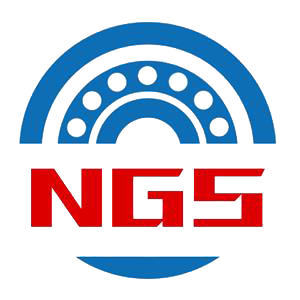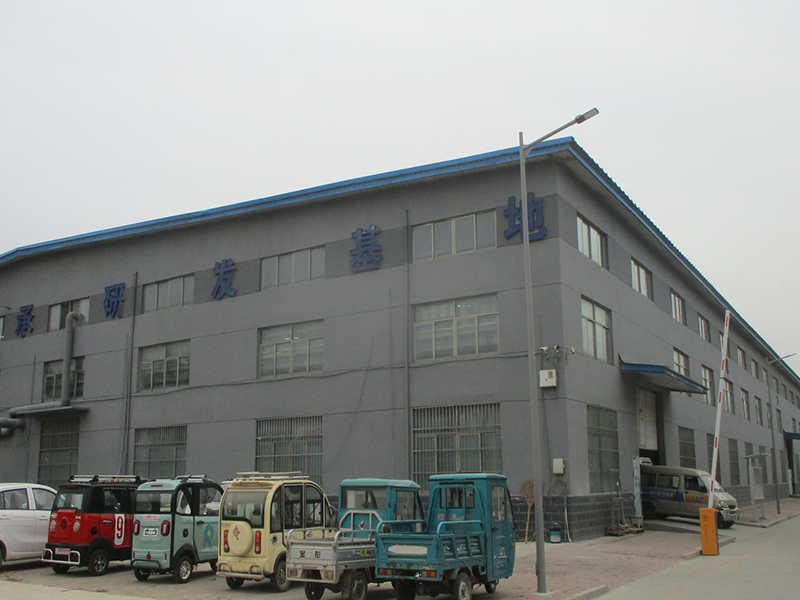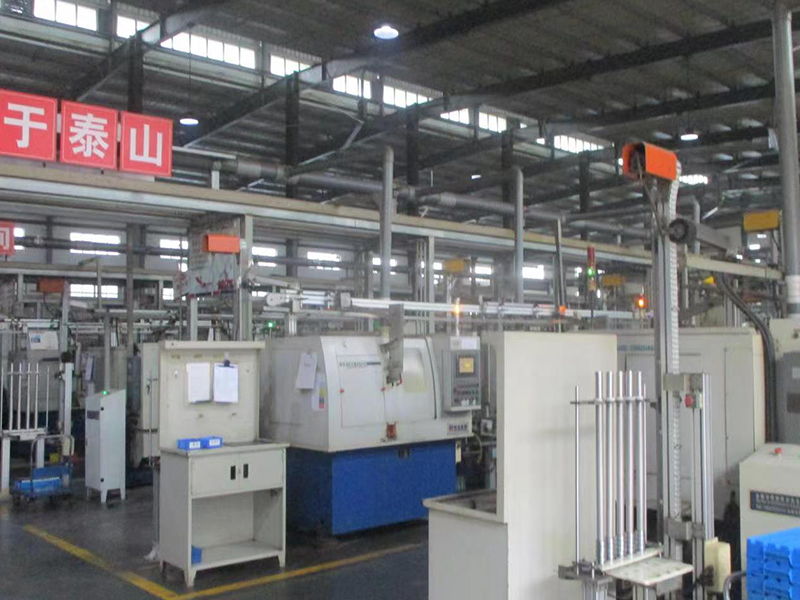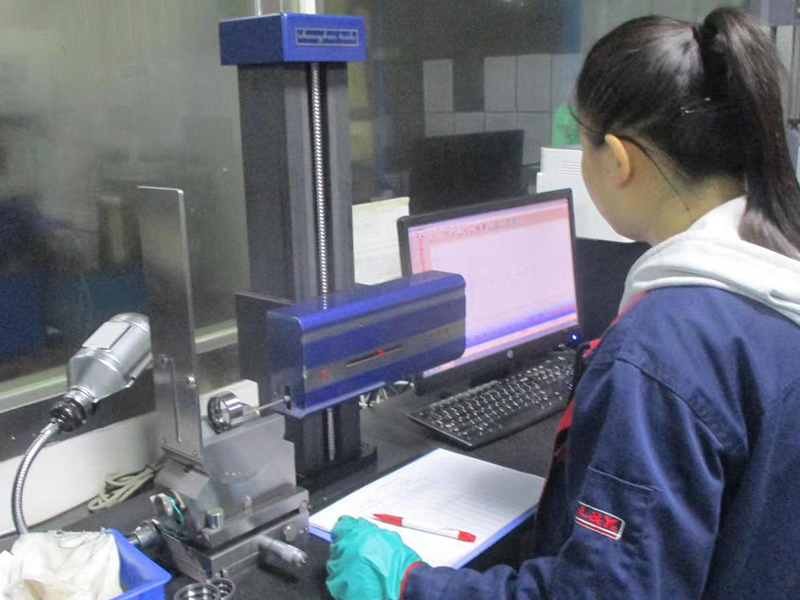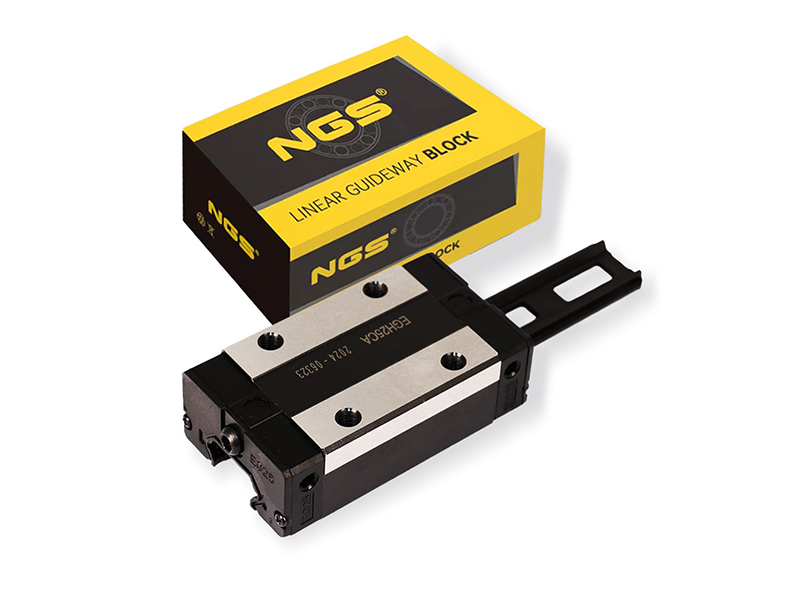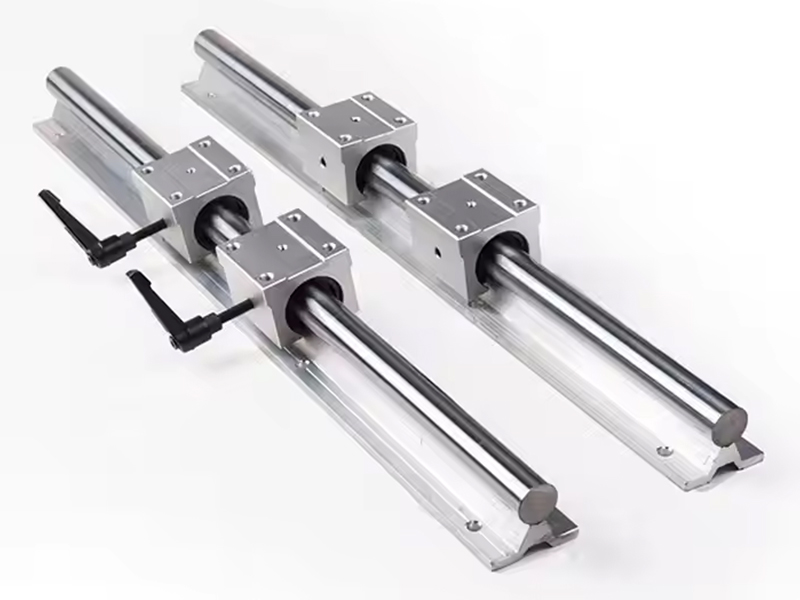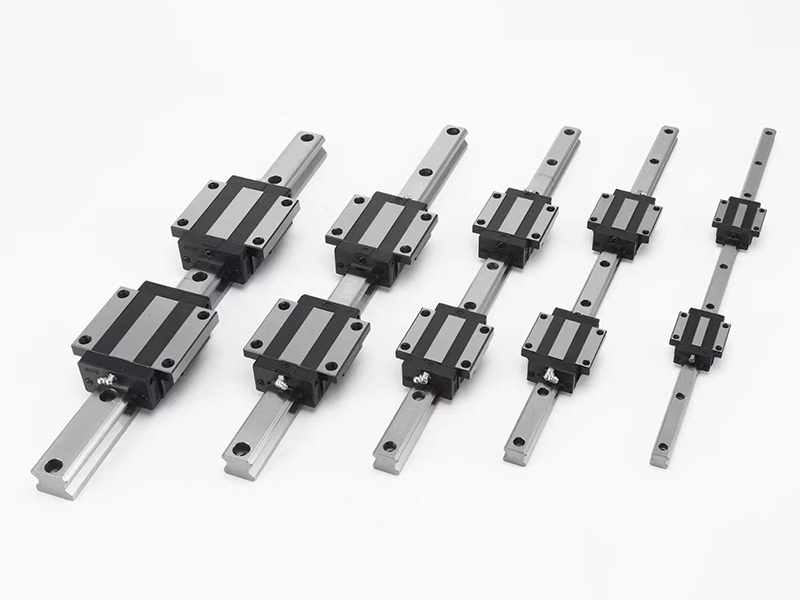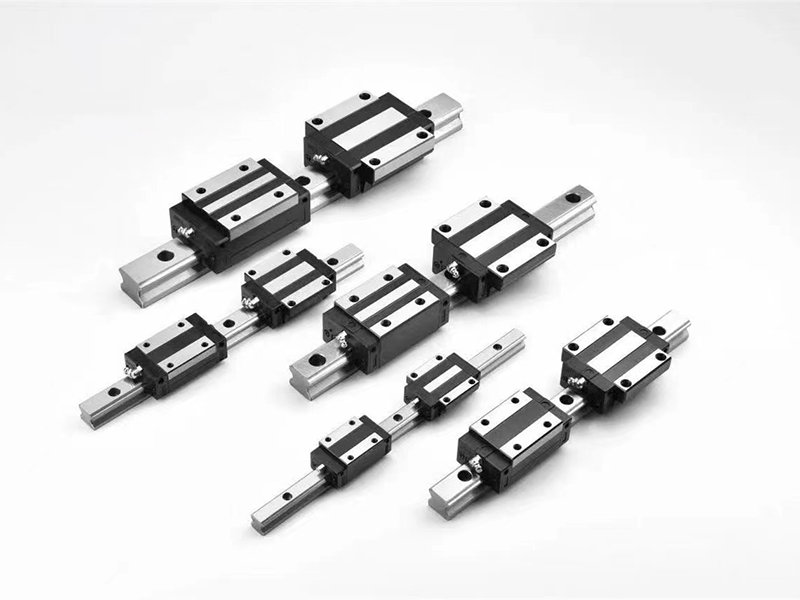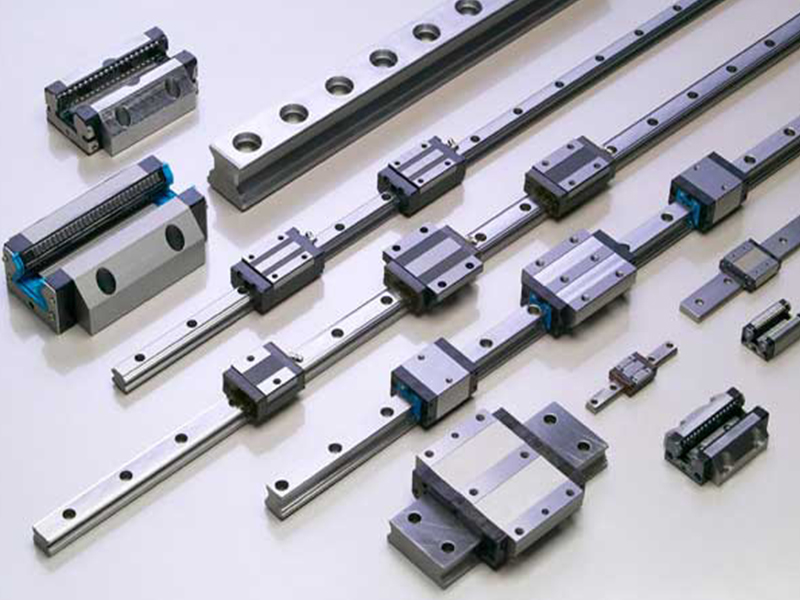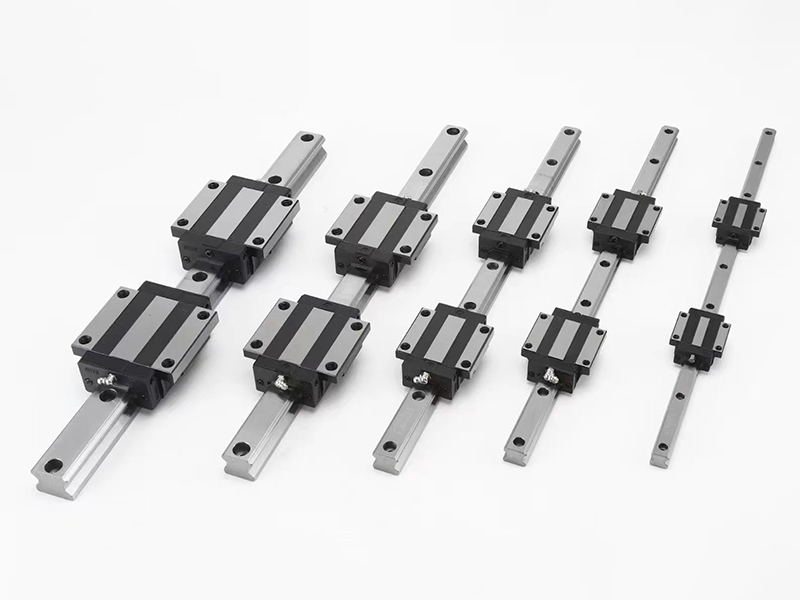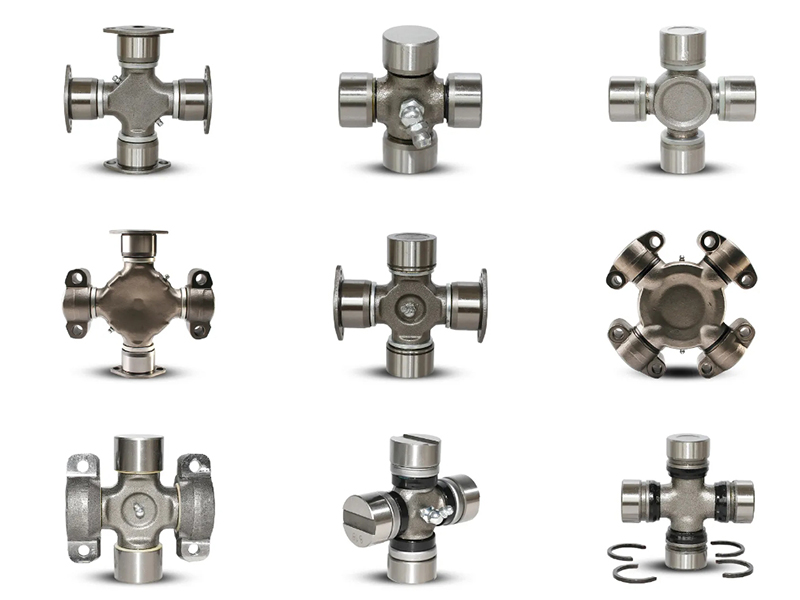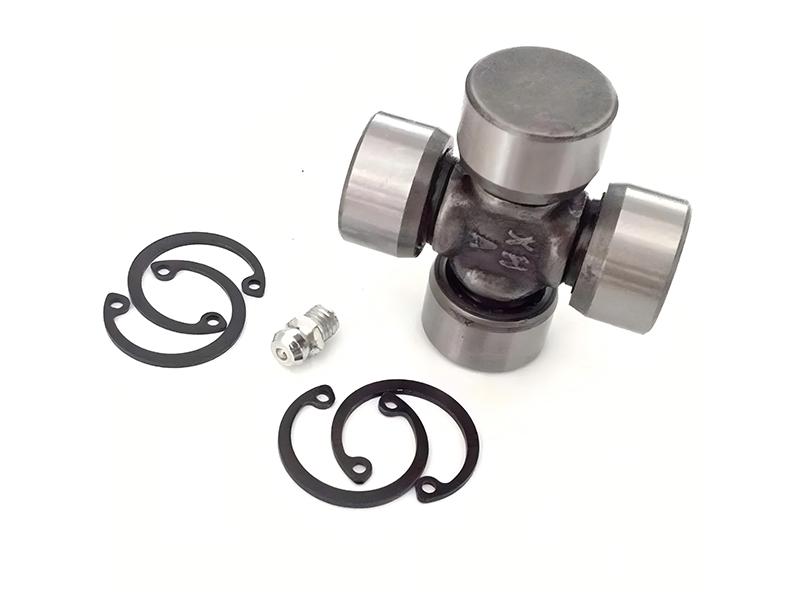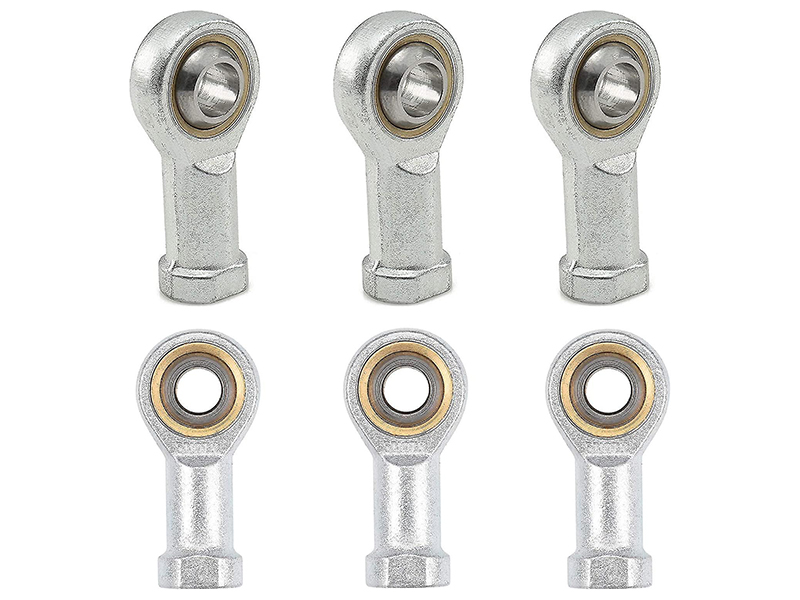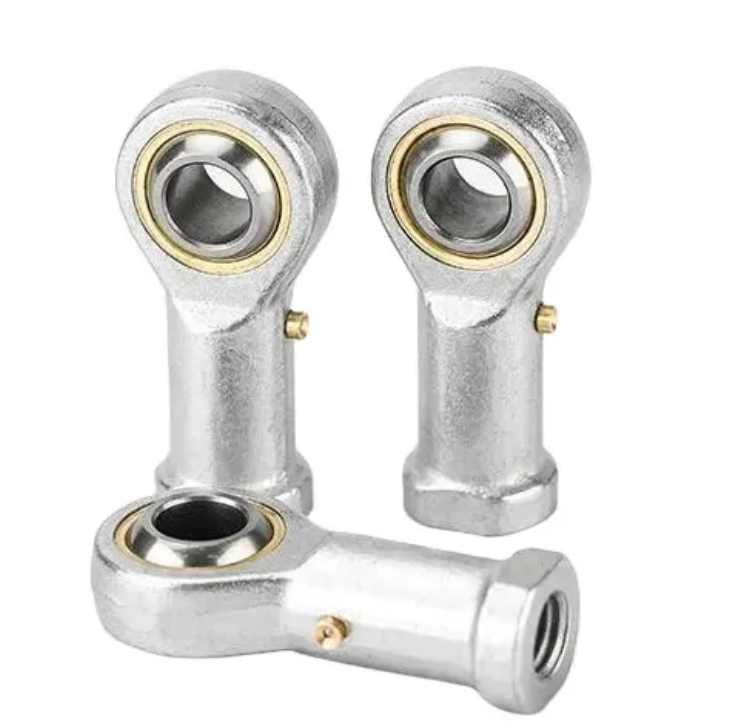In mechanical transmission systems, screws (or "lead screws") are critical components for linear motion, widely used in CNC machines, automation equipment, 3D printers, and more. Among them, ball screws and lead screws (trapezoidal screws) are the two most common types, but they differ significantly in structure, performance, and applications. This article (from NGS- lead screw supplier and ball screw factory) provides an in-depth comparison to help you choose the best solution for your needs.
Structure & Working Principle
Ball Screw
Structure: Consists of a screw shaft, nut, and recirculating ball bearings that reduce friction.
Working Principle: Transmits force and motion via rolling balls, enabling high precision and efficiency.
Lead Screw (Trapezoidal Screw)
Structure: Features a screw shaft with trapezoidal threads and a matching nut, typically using sliding friction.
Working Principle: Relies on direct contact between threads, making it simple but less efficient.
Key Features of Lead Screws:
Self-Locking Capability – Some designs prevent back-driving, useful in vertical applications.
Lower Cost – More economical for light-to-medium duty applications.
Quieter Operation – No recirculating balls mean less noise.
Slower Speeds – Best suited for low-speed, high-torque applications.
Supplier Example: NGS (ball screw factory and lead screw supplier ) offers polymer-nut lead screws for maintenance-free operation in 3D printers and packaging machines. Their anti-backlash nuts improve positioning accuracy for automation systems.
Key Performance Comparison
| Feature | Ball Screw | Lead Screw |
|---|---|---|
| Efficiency | >90% (High) | 30-70% (Lower) |
| Precision | High (±0.01mm or better) | Moderate (±0.1mm or more) |
| Speed | Suitable for high speed | Best for low speed |
| Load Capacity | High, fatigue-resistant | Medium, prone to wear |
| Friction | Very low (rolling) | Higher (sliding) |
| Lifespan | Long (millions of cycles) | Shorter (depends on maintenance) |
| Cost | Higher | Lower |
| Maintenance | Low (self-lubricating) | Requires regular lubrication |
Best Applications
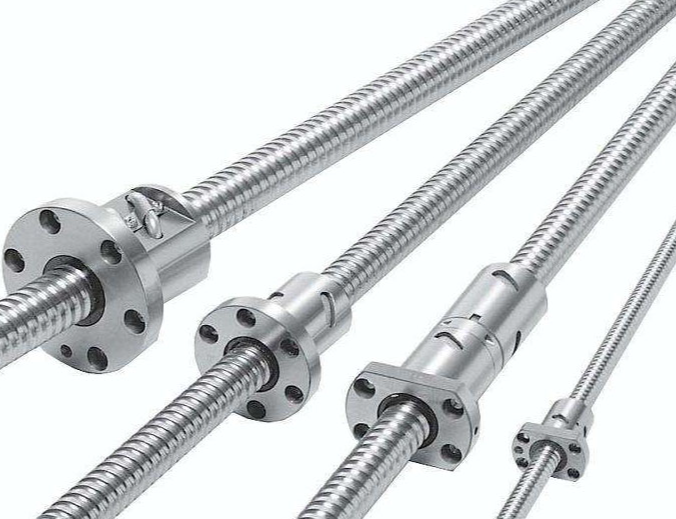
Ball Screw – Ideal for:
✅ High-precision machines: CNC machining, semiconductor equipment, optical instruments
✅ High-speed motion: Industrial robots, automated production lines
✅ Heavy-load applications: Aerospace, medical devices
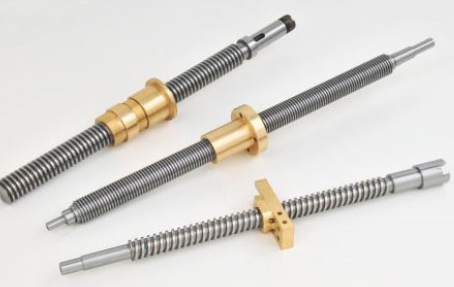
Lead Screw – Ideal for:
✅ Cost-sensitive projects: 3D printers, small machinery
✅ Low-speed, light-load: Manual adjustments, lifting platforms
✅ Self-locking needed (some trapezoidal threads prevent back-driving)
How to Choose ?
As a ball screw factory and lead screw supplier, NGS want to say:
1. Precision needs: Ball screws for high accuracy; lead screws for general use.
2. Speed & load: High speed/heavy load → ball screw; low speed/light load → lead screw.
3. Budget: Ball screws are more expensive; lead screws are economical.
4. Maintenance: Ball screws require minimal upkeep; lead screws need lubrication.
Where Ball Screws Excel
Medical Robotics: NGS ball screw factory supplied miniature ball screws (6mm diameter) for a surgical robot requiring 0.003mm repeatability.
Semiconductor Manufacturing: Anti-vibration ball screws ensure precision in wafer handling systems.
Aerospace: ball screw factory- NGS's High-load ball screws can be used in aircraft actuation systems.
Where Lead Screws Are Preferred
3D Printing: Low-cost polymer nuts reduce maintenance.
Packaging Machines: Self-locking screws prevent drift in vertical setups.
Theater & Stage Equipment: Quiet operation is crucial for performance machinery.
Maintenance & Troubleshooting Tips
Ball Screw Maintenance
Lubrication: Use high-quality grease (NGS offers long-life formulas).
Contamination Control: Install wipers and seals in dusty environments.
Inspection: Check for brinelling (dent marks) and backlash.
Lead Screw Maintenance
Wear Adjustment: Use anti-backlash nuts to compensate for wear.
Lubrication Schedule: Apply grease or oil periodically.
Material Upgrades: lead screw supplier- NGS's polymer nuts last longer than standard brass.
Making the Right Choice
As a ball screw factory and lead screw supplier, NGS want to say ball screws offer superior precision and speed, while lead screws provide cost savings and simplicity. For mission-critical applications, as a ball screw factory and lead screw supplier, NGS ball screw factory delivers high-performance solutions with industry-leading reliability.
Contact ball screw factory and lead screw supplier -- NGS for:
🔹 Free application analysis
🔹 CAD models & samples
🔹 Custom-engineered solutions
